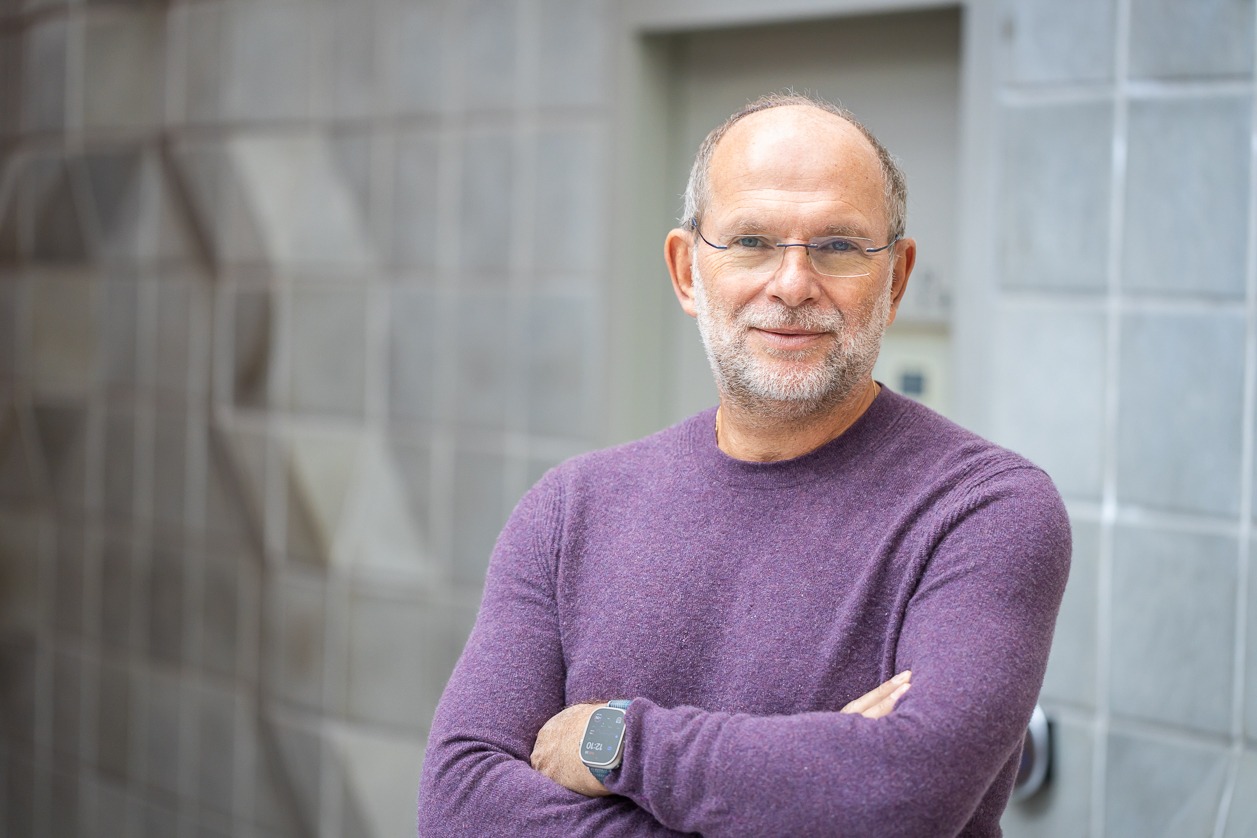
Social work research benefits both children and parents
Dr. Melissa Kimber CAREs for our region’s kids, youth and families through her health-care roles including research.
“The research community plays a vital role in serving patients,” says Kimber, a Hamilton Health Sciences (HHS) researcher who received the 2022 HHS New Investigator Fund in support of the Families CARE Project (Fostering Child and Adolescent Resilience through Emotion Project).
The two-year study is looking at the feasibility of introducing emotion-focused family therapy for caregivers of children who are experiencing emotional and behavioural challenges, who are in contact with a child welfare agency. Kimber is the principal investigator, with Harriet MacMillan, Gina Dimitropoulos, Andrea Gonzalez, Gillian England-Mason and Paul Arnold as co-investigators.
Emotion-focused family therapy, offered at HHS’ McMaster Children’s Hospital, provides group and one-on-one training to parents and caregivers so they can process their own emotions about their child’s challenges or illnesses, and also learn skills to help their child cope.

Emotion-focused family therapy provides group and one-on-one training to parents and caregivers so they can process their own emotions about their child’s challenges or illnesses, and also learn skills to help their child cope. Stock photo
“Our goal as researchers is to improve the lives of children and adolescents who experience mental health challenges and violence, as well as the lives of the people that love them, and those that care for them. This includes parents, caregivers, health-care providers and social-service providers,” says Kimber, who has a PhD in health research methodology and master’s degree in social work.
Her research focuses on children, youth and families in relation to mental health and family violence. She is a lead researcher at the Offord Centre for Child Studies, which is affiliated with MCH and McMaster University. She is also works with children and youth as a social worker and psychotherapist at a private practice in Hamilton, and she is an assistant professor at McMaster.
RISE-ing to the challenge
Kimber’s work also includes the RISE (Researching the Impact of Service Provider Education) research project, which she co-leads. RISE is made up of researchers from social work, psychology, psychiatry, pediatrics, family medicine, public health and health professions education. Funded by the Public Health Agency of Canada, RISE researchers look at ways to improve the encounters between health-care and social-service providers and the children, youth and families they serve, including MCH patients and their families.
“We’re developing guidance around how to address family violence concerns safely and effectively with children, youth and families,” says Kimber. “This isn’t guidance that sits on a shelf. It’s integrated into education resources that support health-care and social-service providers to learn new skills, and into their everyday interactions with children, youth and their parents.”
This work also includes evaluating resources for health-care and social-service providers to see if they’re having an impact on children and youth and their families by improving outcomes and helping them feel more respected and safe in their encounters in the health-care and social services systems.
Finding her path
As a teenager, Kimber had young people in her life who struggled with mental health challenges. “I always saw their potential,” she says, adding, “I learned how important it was to have someone to talk to, someone who believed in them.”
These relationships motivated Kimber to pursue a career in social work.
Kimber’s first job, after finishing her undergraduate social work degree at McMaster, was at a shelter for women and children fleeing abuse. “That experience was so formative for me, because I saw mothers doing everything possible to take care of their children, yet the systems in place made it hard, sometimes impossible, for women and children to get their basic needs met like finding housing and accessing enough food, or mental health support. These women and children deserved to be in a space where they were loved, respected and safe, but the lack of supports made it very difficult for them to change their circumstances, when they were ready to do so.”
Up to one in three Canadian women will report exposure to intimate partner violence in their lifetime, says Kimber, adding that such violence cuts across socio-economic lines. Women and gender-diverse people are at the highest risk of experiencing the most severe forms of violence, as well as negative physical and mental health impacts of violence.
Research goals
Looking ahead, Kimber welcomes opportunities to collaborate further with the wider research community. “This includes hearing from even more children, youth and families who receive care at MCH and in the community,” she says.
Hospitals, including MCH, have advisory councils where patients and their families provide input into their hospital experience, with the goal of improving patient care. “Their input is extremely important, and involving even more children, youth, parents and caregivers will help improve research,” says Kimber.
“I’m excited for the future. I believe that through research we can work towards a world where children and youth live in a place and space without fear of harm, where they feel loved and supported.”



